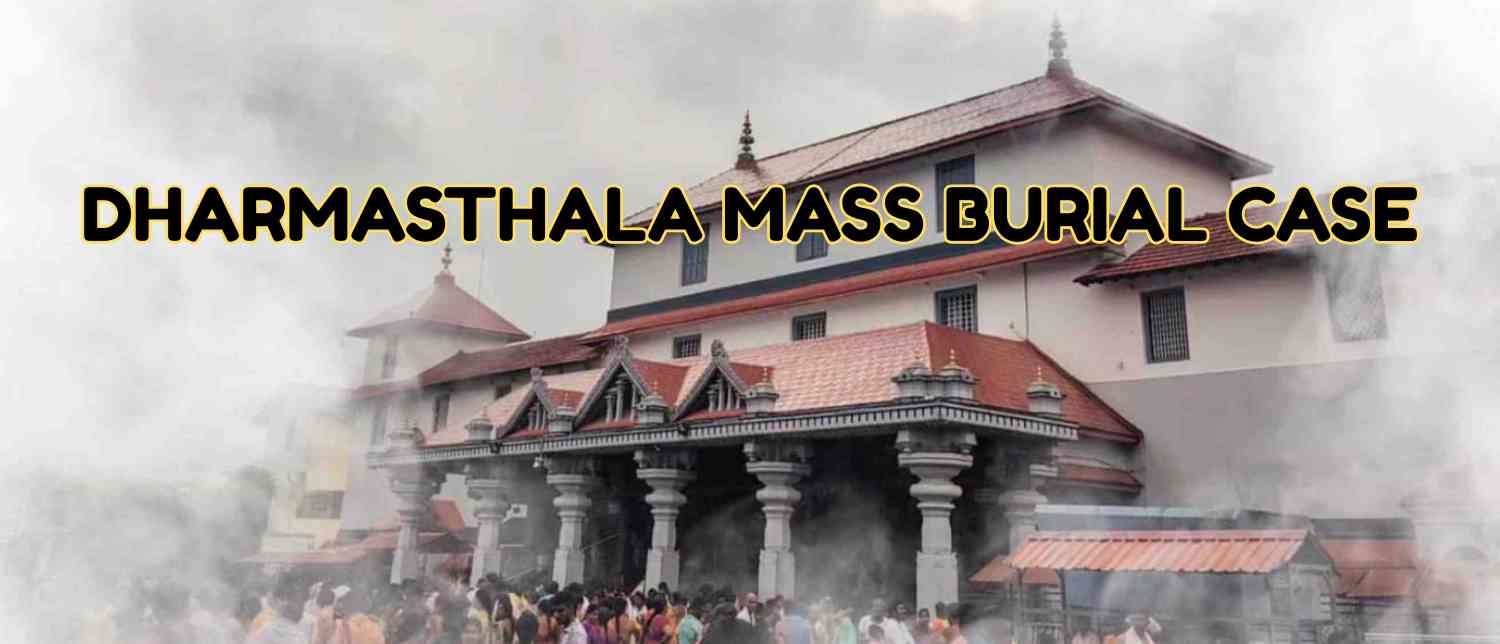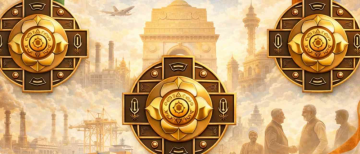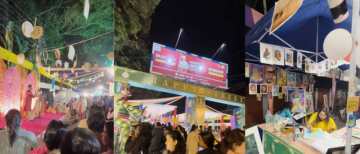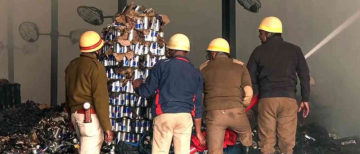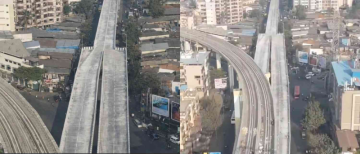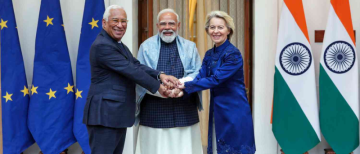In the tranquil hills of Karnataka's Western Ghats lies the temple town of Dharmasthala—a revered pilgrimage site visited by thousands of devotees each day. But behind its serene spiritual facade, a chilling tale has begun to unravel—of alleged mass rapes, murders, coercion, and systemic cover-ups that span nearly two decades. At the center of this storm stands a former sanitation worker whose harrowing testimony has not only shaken India but has ignited one of the most serious human rights investigations in recent history.
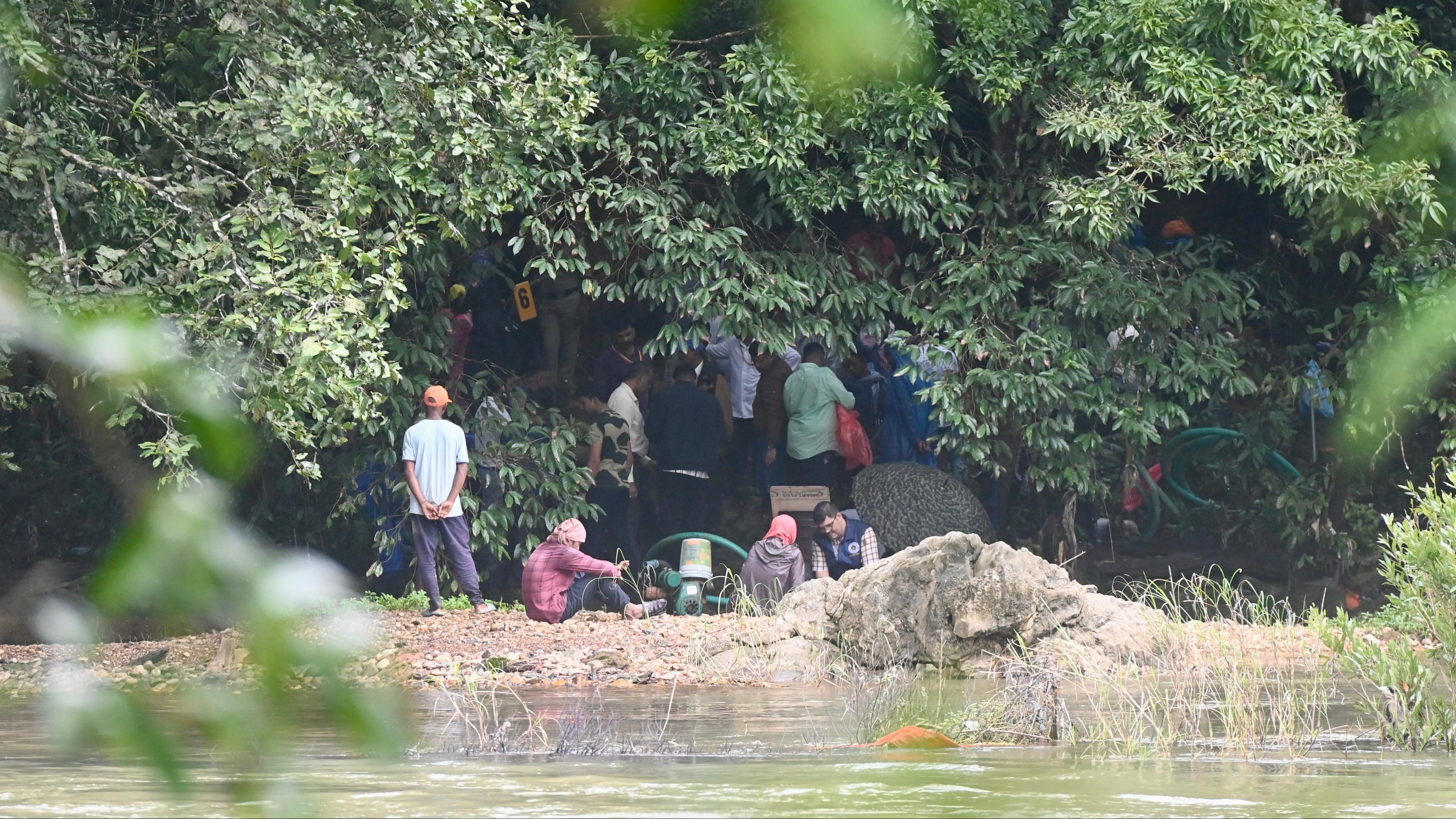
A Whistleblower Breaks His Silence After Two Decades
On July 3, 2025, a 48-year-old Dalit man—whose identity is protected under witness laws—approached the Dharmasthala Police Station with a haunting confession: that between 1995 and 2014, he had buried or burned the bodies of over 100 people, most of them women and minor girls. His complaint, backed by pictographic evidence and exhumed skeletal remains, has pierced the silence surrounding years of whispered horrors.
Now under the protection of the court and supported by lawyers and activists, the man has become the face of what many are calling India’s most disturbing unsolved crime wave since independence.
“I can no longer bear the burden of memories of the murders I witnessed, the pain of beatings and death threats. If I didn’t bury those corpses, I would have been buried alongside them,” he stated in his testimony.
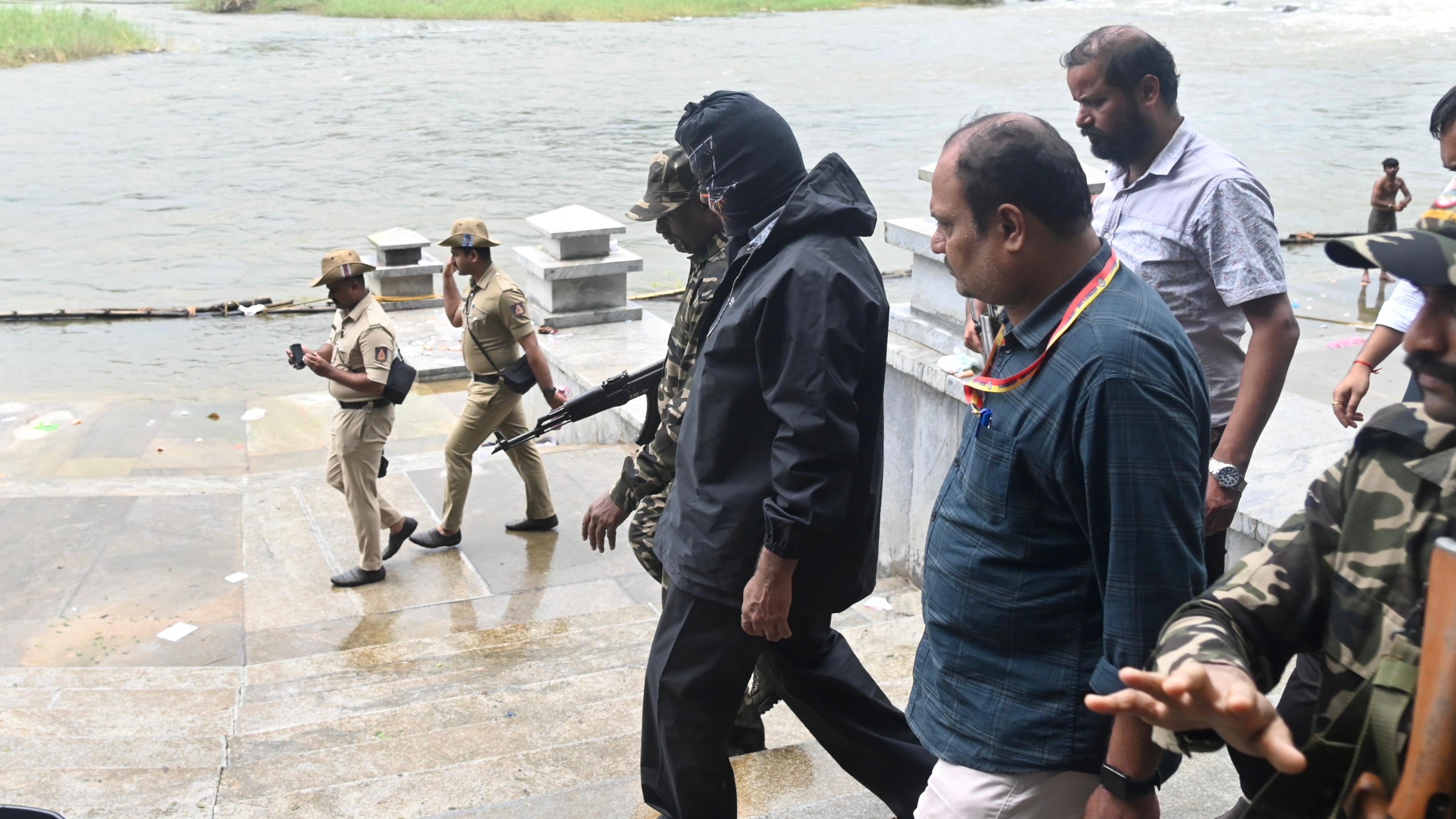
The Chilling Allegations: Rape, Murder, and Burial Under Threat
The former sanitation worker’s account paints a terrifying picture. According to him, many bodies he buried bore clear signs of sexual assault—missing clothing, acid burns, and strangulation marks. In one particularly disturbing case, he recalled burying a schoolgirl aged between 12 and 15, her skirt and underwear missing, with marks of assault visible. Another case involved a woman in her twenties, her face burned with acid and her body wrapped in newspaper before being doused with diesel and set aflame.
Burial sites were often located near the Nethravathi River, chosen, the man alleged, for the soil’s ability to decompose remains quickly and secretly. He claimed these acts were committed under the coercion of his superiors, and at times included threats like, “We will cut you into pieces; your body will be buried like the rest.”
“Even if it was just two or three women, and not hundreds, their lives matter,” said a supporter familiar with the case. “Their bodies deserve dignity. Their souls deserve peace.”
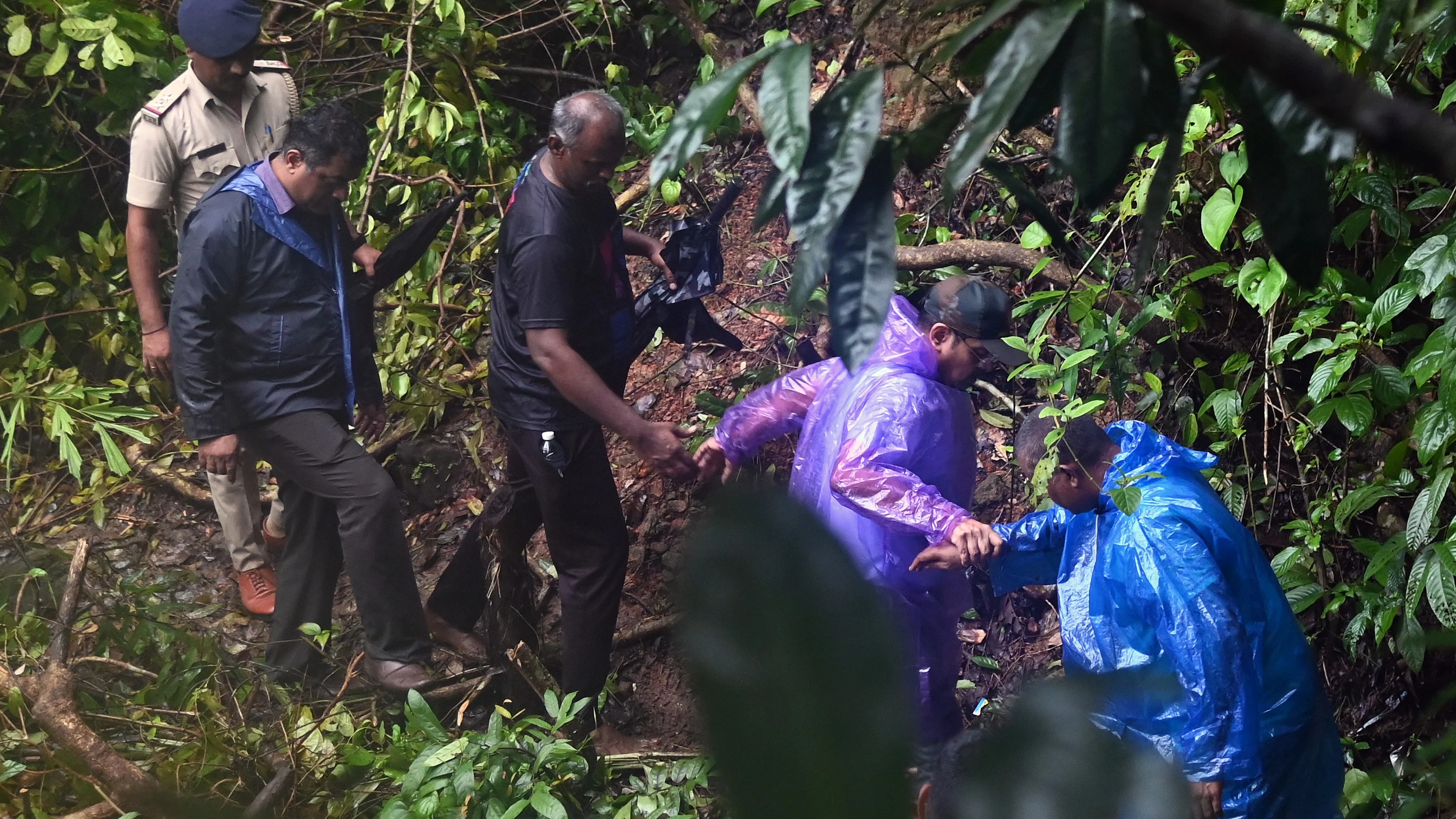
The Trigger: A Personal Tragedy and a Moral Reckoning
The whistleblower fled Dharmasthala in December 2014 after a girl from his own family was allegedly sexually harassed by someone connected to his supervisors. Having lived in hiding for over a decade across neighboring states, the psychological weight of what he witnessed eventually compelled him to return and seek justice—not just for the victims, but for his own conscience.
Accompanied by legal counsel, he has since provided location details for 13 alleged burial sites and submitted a sealed envelope naming several influential figures to Supreme Court advocate KV Dhananjay, in case of retaliation or harm.
Skeletal Evidence Discovered: Breakthrough in SIT Probe
Until late July, the allegations remained largely circumstantial. But on July 31, the Karnataka Special Investigation Team (SIT) made a critical breakthrough. At the sixth excavation site near the Nethravathi River—one of the 13 locations identified by the whistleblower—partial human skeletal remains were recovered, including 15 bones, some broken, but notably missing the skull. Forensic doctors on site suggested the remains likely belonged to a male, though final analysis is pending.
Additionally, at an earlier site, investigators recovered PAN and ATM cards bearing the names of a male and another individual named “Lakshmi,” potentially offering clues about the identities of the deceased.
Puttur Subdivision Assistant Commissioner Stella Verghese and forensic teams were present during the exhumation. The discovery has invigorated the probe, with nine more senior officers joining the SIT and further excavations now being planned, including at a newly identified site believed to contain the largest number of burials yet.
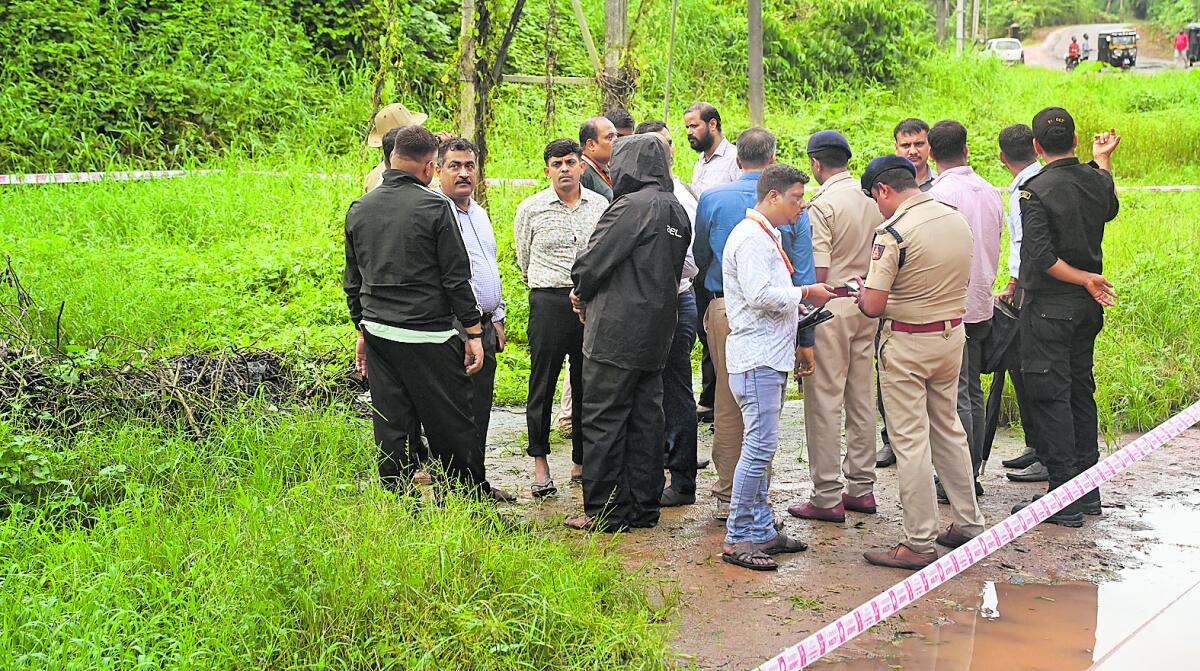
Patterns of Silence: A History of Violence and Suppression
The horror in Dharmasthala, it appears, did not begin with this whistleblower. Allegations of rape, murder, and systemic cover-ups have surfaced repeatedly over the decades:
-
1979: Earliest documented reports of mysterious disappearances.
-
1987: Protests erupted over the rape and murder of 17-year-old Padmalata. Allegations of influential cover-ups were reportedly suppressed.
-
2003: Medical student Ananya Bhat vanished during a college trip. Her mother, Sujatha Bhat, a retired CBI stenographer, believes her daughter is among the victims and has filed a fresh police complaint.
-
2012: The brutal rape and murder of 17-year-old Sowjanya triggered national outrage and protests. The case remains unsolved, with a previous SIT investigation widely condemned as mishandled and compromised.
According to senior advocate S. Balan, who has been tracking such cases since the 1980s, “The souls of young girls are crying for justice. India has never seen this gravity of offence in its republic after independence.”
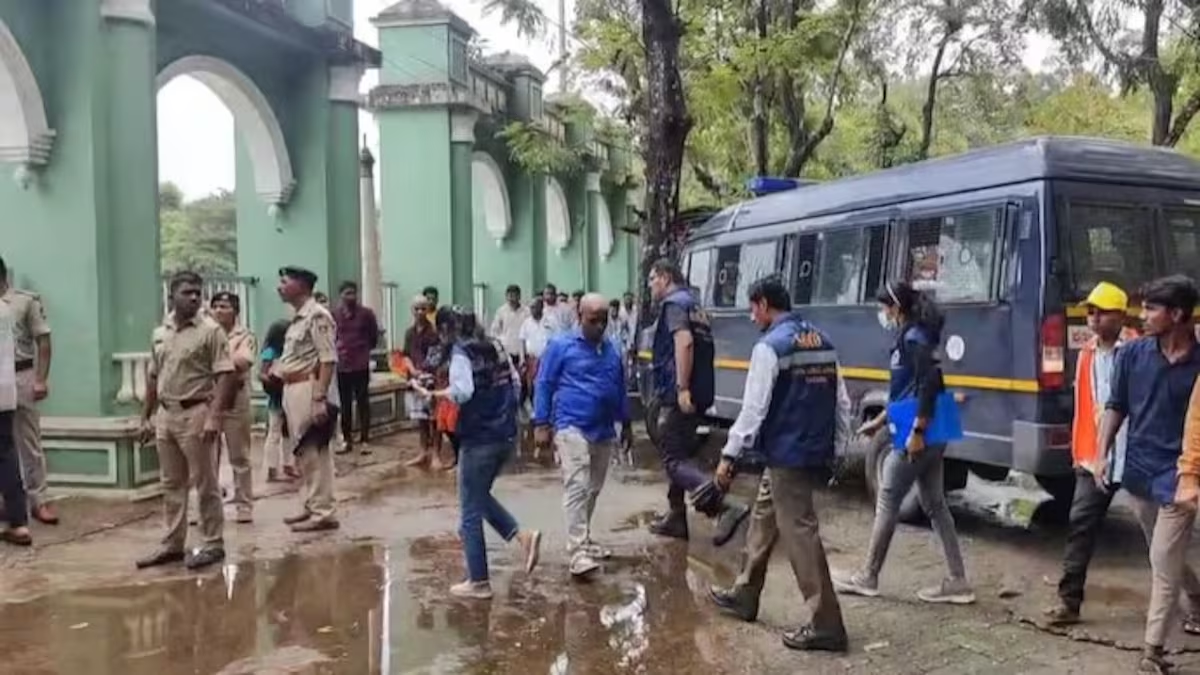
Temple Administration Under Scrutiny
The Dharmasthala Temple is managed by the powerful Heggade family, with Veerendra Heggade, a Padma Vibhushan awardee and Rajya Sabha MP, serving as its hereditary head. While the temple authorities have publicly expressed support for a “fair and transparent investigation,” critics allege that the institution's deep political and social influence may have historically shielded perpetrators.
Sujatha Bhat has claimed she was verbally abused and dismissed when she approached temple leaders in 2003 about her daughter’s disappearance. She has since offered to take a polygraph test—and challenged Heggade and others to do the same.
Calls for Justice and an Independent Probe
Amid rising public pressure, Karnataka Chief Minister Siddaramaiah approved the formation of a Special Investigation Team on July 19. Legal experts and activists have demanded that the probe be overseen by a sitting or retired judge to prevent political interference.
In a memorandum submitted to the CM, advocates Ojaswi Gowda and Sachin Deshpande highlighted systemic flaws, including alleged suppression of evidence, threats to victims’ families, and complicity of local authorities.
Key demands include:
-
Appointment of an ADGP-level officer to lead the SIT
-
Video documentation of exhumation and crime scenes
-
Arrest and interrogation of all named individuals
-
Deployment of forensic science experts
Nagalakshmi Choudhary, Chairperson of the Karnataka State Commission for Women, also wrote to the CM citing repeated failures by local police to act on missing persons reports—especially when the victims were women.
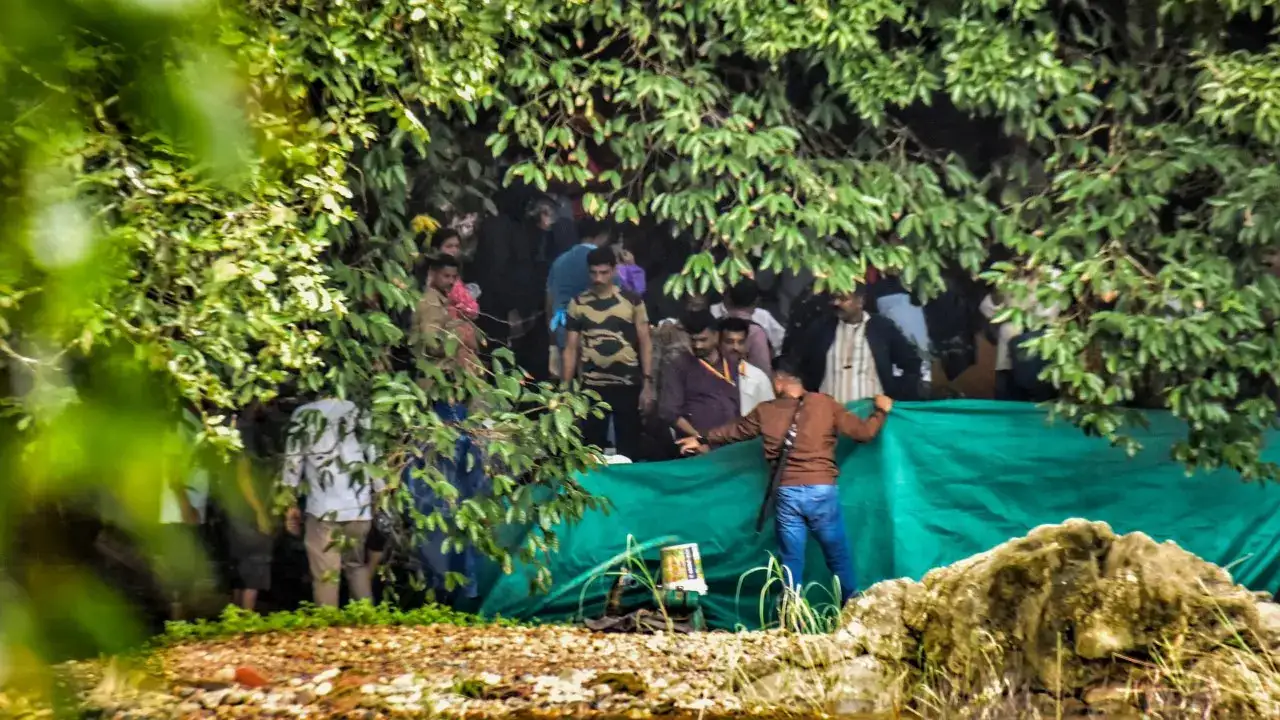
What Lies Ahead?
As excavation continues and forensic tests proceed, the country waits with bated breath. Is Dharmasthala just the tip of the iceberg? Could this case expose a deeper rot of caste-based coercion, systemic sexual violence, and religious-political nexus?
The whistleblower remains under witness protection but has pledged full cooperation—on the condition that his life and family are safeguarded under the Witness Protection Act, 2018. He has even offered to undergo brain mapping and polygraph testing.
“If the bodies are given a proper funeral, the souls of those who have suffered will find peace… and my guilt will be reduced,” he wrote in his complaint.
The Dharmasthala case is no longer just about one man’s haunting testimony. It’s a grim reminder of how silence, power, and fear can bury truth for years. But as skeletons emerge—both literal and figurative—India faces a moral reckoning. The demand is no longer just for answers, but for accountability.
Whether justice will finally be served remains uncertain. But one thing is clear: the dead in Dharmasthala are speaking. And this time, the nation is listening.
With inputs from agencies
Image Source: Multiple agencies
© Copyright 2025. All Rights Reserved. Powered by Vygr Media.

